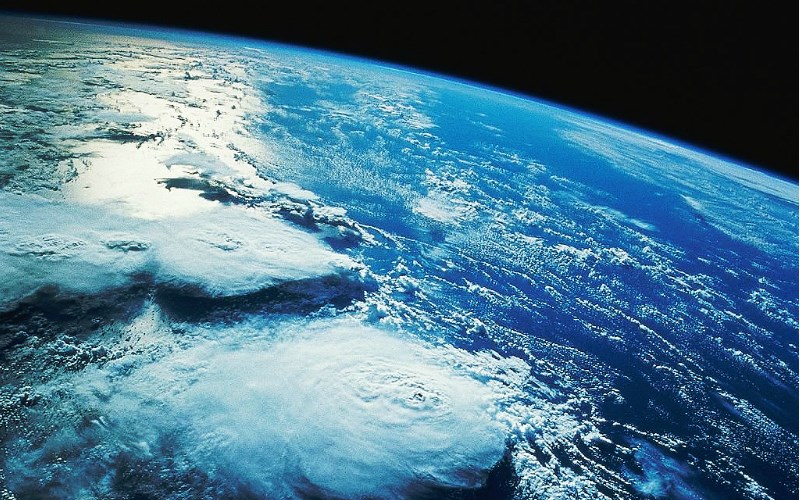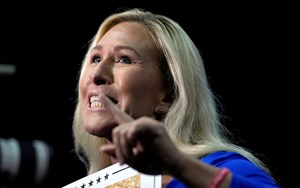In his recent speech about why people should move away from gas-powered automobiles, Environmental Protection Agency (EPA) Administrator Michael Regan mentioned climate, air quality, and health.
"Today's actions will accelerate our ongoing transition to a clean vehicle future. Tackle the climate crisis head-on and improve air quality for communities all across the country," he told a House Oversight and Accountability subcommittee. "As the father of a nine-year-old, I can assure you that there is no greater priority for me than protecting the health and wellbeing of our children, ensuring that they have a safe, healthy, and reliable future."
Jack Spencer, senior research fellow for energy and environmental policy at The Heritage Foundation's Center for Energy, does not buy those claims.
"It is all made up," he says plainly. "They know that they don't have a climate change argument to make, so they're throwing everything out to see what sticks to the wall."
Spencer points out that every regulated air pollutant has gone down dramatically in recent years.

"You never want to say we're clean enough, but the reality is we have a really clean environment," Spencer says. "That does not mean we maybe cannot do more, but we do not need to completely overhaul our power systems to achieve some … clean air goal. Our air is extraordinarily clean -- that's the fact of the matter."
Spencer notes that globally, the economies with the cleanest environments are also the most prosperous. With that in mind, he warns that new regulations on things like utility plants will leave the U.S. poorer, less prosperous, and with fewer means to do things like clean the water and the air.
"Everything around this whole agenda is politicized," the researcher concludes. "It's made up, and I would even say in large part it's built around lies."







